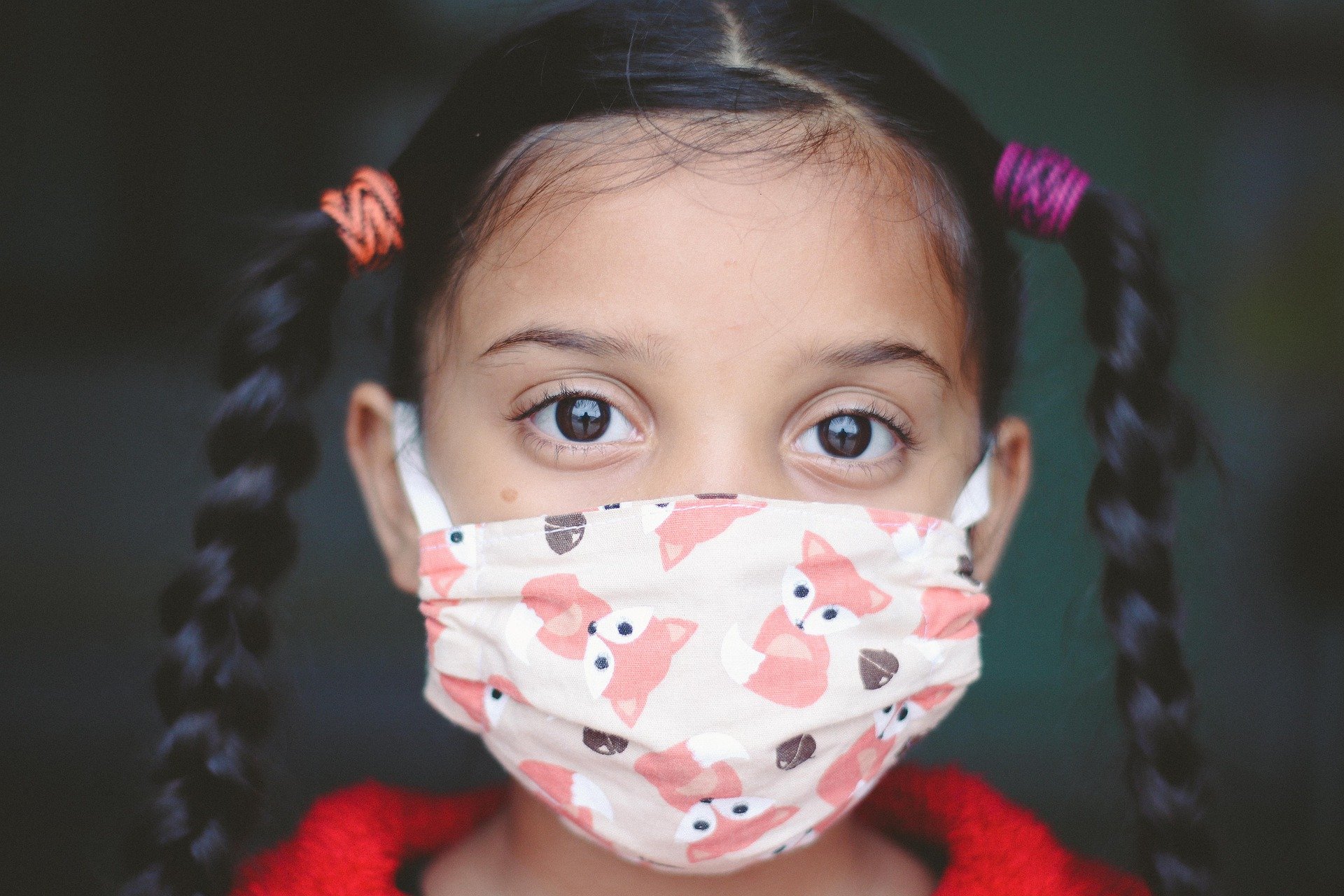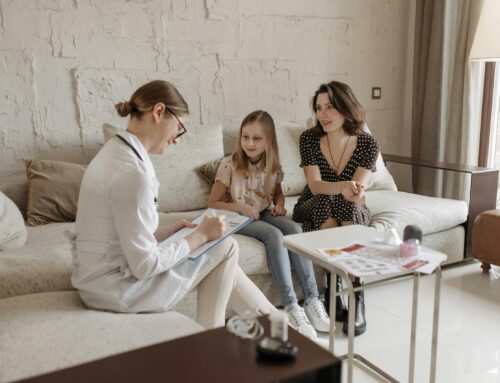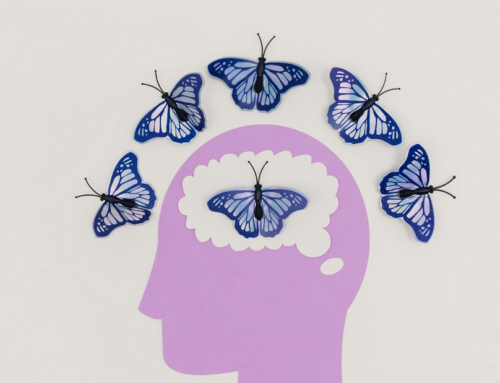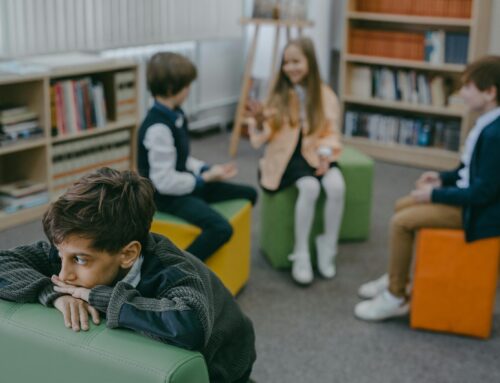The COVID-19 pandemic has lasted much longer, and affected our lives much more intensely, than any of us could have imagined just a short year ago. Maryland students, in particular, have spent most of this time attending virtual school, as opposed to in-person classes. Teenagers and young adults, meanwhile, have had to completely rethink their approach to college and career planning. Youth staples like sports, prom, extracurriculars, and even high school graduation have been limited or cancelled altogether.
There are worries about how remote learning is impacting children, especially children with special needs. The end result of all this is deep concern among parents and physicians alike about the mental health of children growing up in this pandemic. (1)
What Does the Current Research Show?
Recent research into the effects of COVID-19 on mental health shows that children of all ages have exhibited more clingy, irritable, and inattentive behaviors since the pandemic began.(2) Children are also understandably more anxious, lonely, and uncertain since before the outbreak. One study even noted an increase in hoarding behaviors among teenagers, a phenomenon known as “panic buying.” (2)
For neurodiverse kids and teens, the pandemic presents a situation that is incompatible with their needs. (2) Children with special needs tend to crave schedules and structure. They also need therapies, interventions, and resources that have been largely on hold for months at a time. Parents, meanwhile, struggle with relentless caregiving without an in-person therapist or teacher to intervene.
Children whose parents are quarantined away from them may experience sadness, fear of losing their parents, fear of their own death, and anxiety. (2) Being separated from a primary caregiver, for any reason, is a traumatic experience for a child. This is especially true of young children who are not yet old enough to comprehend the situation.
Helping Children Cope with COVID-19
As more vaccines are distributed across the globe, there is hope that we will soon see a light at the end of this pandemic tunnel. However, the mental health effects from COVID-19 will likely remain long after we’ve returned to some degree of normal life.
As a parent, it’s important to regularly check in with your child. Pay attention to their behaviors. You can also:
- Encourage them to talk about their feelings and experiences. Help them to make sense of these emotions and concerns by sharing that you understand.
- It’s important to always be honest with your child, but at the same time, don’t let the topic of COVID-19 dominate your life. Try to stay optimistic around your child and model the behavior that you want to see from them.(3)
- For children who are used to the routine of school, create a schedule for virtual school and home activities. You can download a schedule for your child from the CDC website.(3)
- Help your child explore hobbies and artistic outlets, like painting or writing, to express their feelings.(4)
- Allow your child to video chat with friends or even host fun, virtual activities, like a game night over Zoom.
- Limit the time that your teenager spends scrolling through social media or reading news sites about COVID-19. While a little information is useful, too much information can be overwhelming and damaging to mental health.(1)
- Think of safe ways that you can practice acts of kindness and gratitude with your family. Kindness and thankfulness are positively correlated with better mental health.(1)
- Whenever possible, encourage your child to go outdoors, practice mindfulness, or enjoy a meditative activity, like yoga.(1,3)
If you are worried that your child might be experiencing thoughts of suicide, talk with your child’s pediatrician or therapist immediately.
Schedule an Appointment with NeuroBehavioral Associates
NeuroBehavioral Associates serves children, teenagers, and adults with known or suspected cognitive, learning, and neurodevelopmental differences. We provide comprehensive assessments, resources, referrals, and therapy services.
NeuroBehavioral Associates remains open through COVID-19. Our practice maintains a low-contact testing strategy that incorporates social distancing.
Contact us today at 410-772-7155 to schedule a consultation or ask questions. You can also reach us online.
References:
- Pandemic pediatric tips for mental health. (2021, January 19). Contemporary Pediatrics. https://www.contemporarypediatrics.com/view/pandemic-pediatric-tips-for-mental-health
- Impact of COVID-19 and lockdown on mental health of children and adolescents: A narrative review with recommendations. (n.d.). PubMed Central (PMC). https://www.ncbi.nlm.nih.gov/pmc/articles/PMC7444649/
- How can I help my child, who has a developmental disability, cope during COVID-19? (n.d.). HealthyChildren.org. https://www.healthychildren.org/English/tips-tools/ask-the-pediatrician/Pages/How-can-I-help-child-developmental-disability%2c-cope-COVID-19.aspx
- (n.d.). HealthyChildren.org. https://www.healthychildren.org/English/tips-tools/ask-the-pediatrician/Pages/How-can-I-help-child-developmental-disability%2c-cope-COVID-19.aspx






